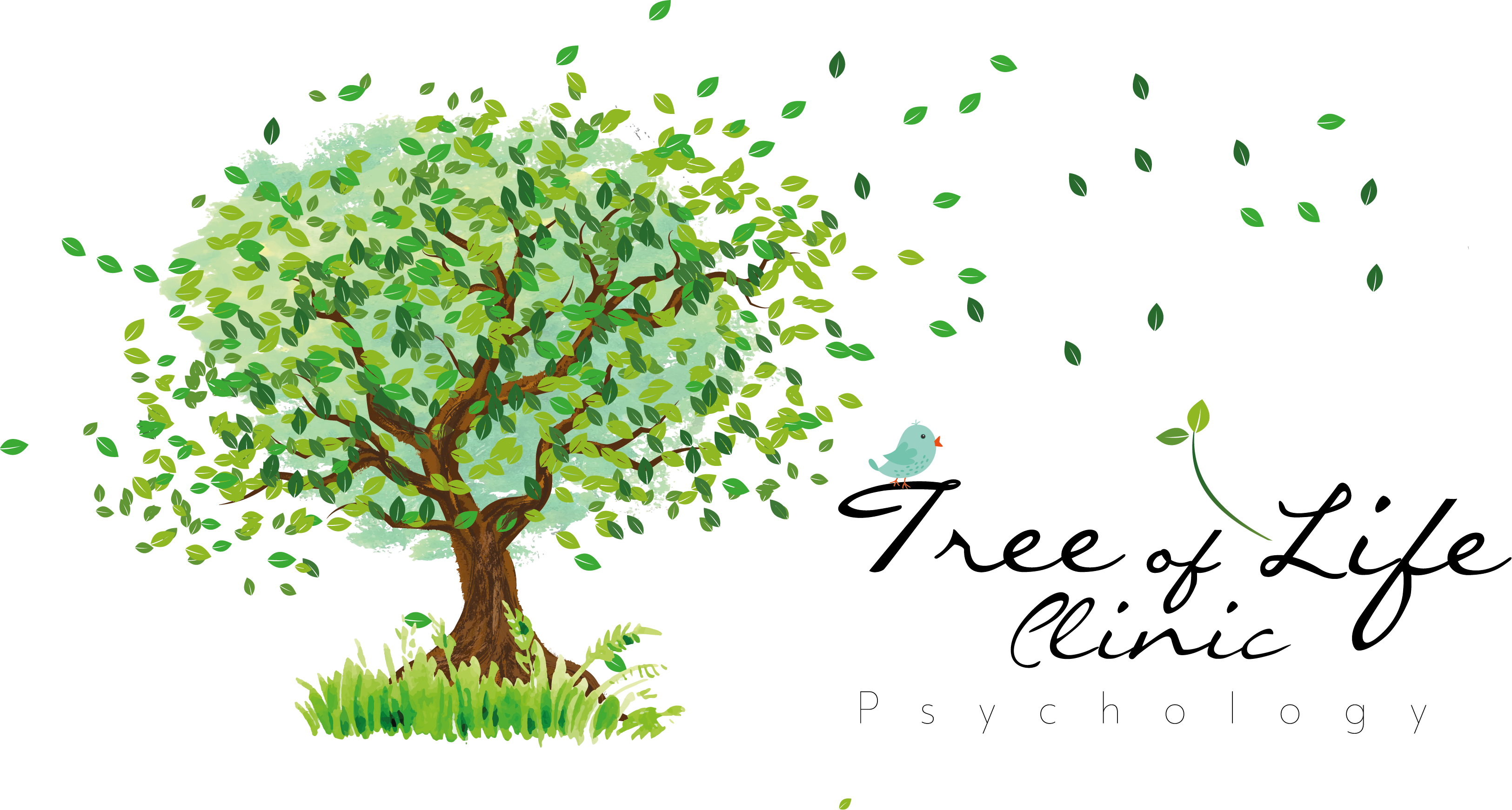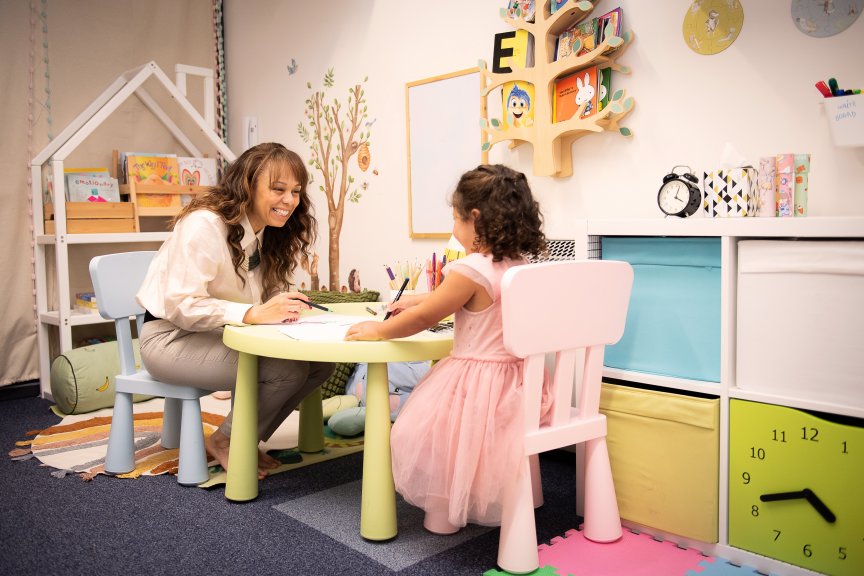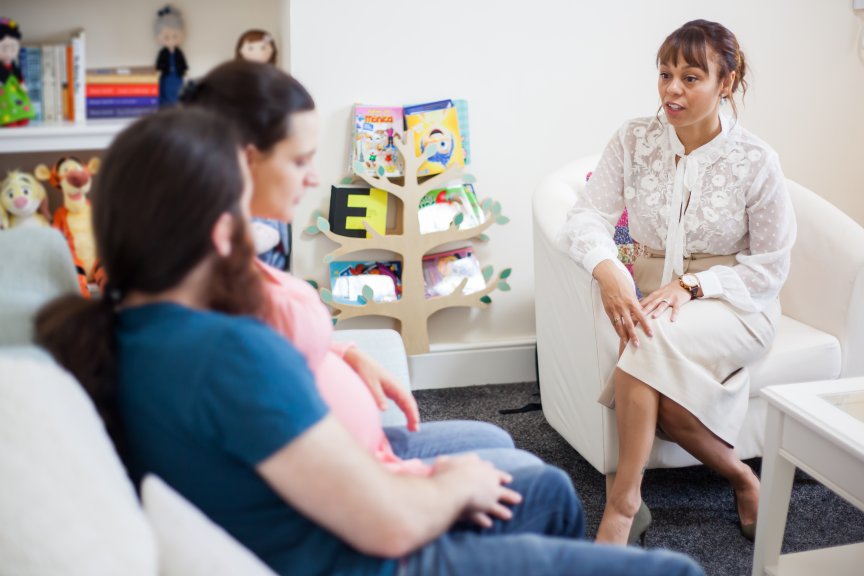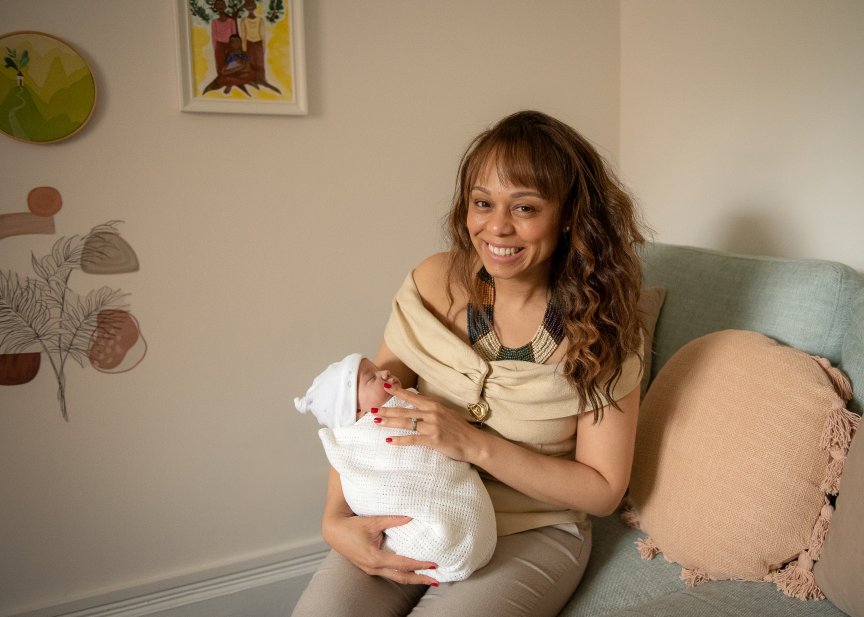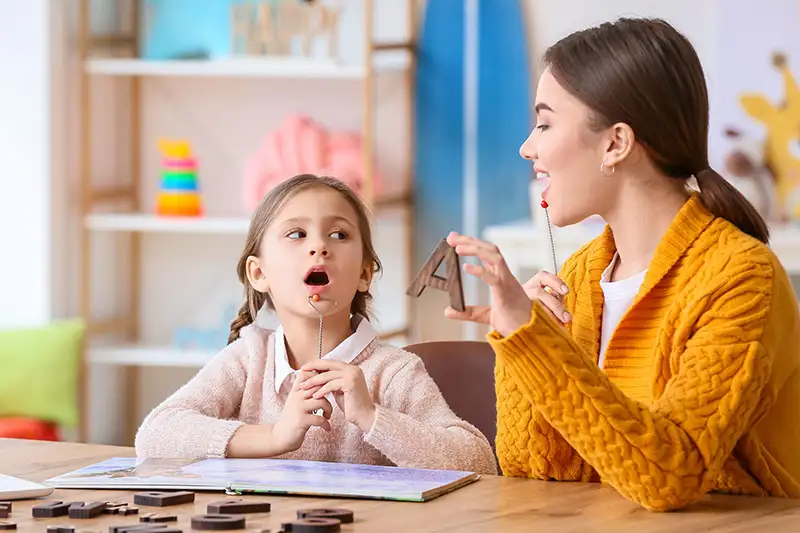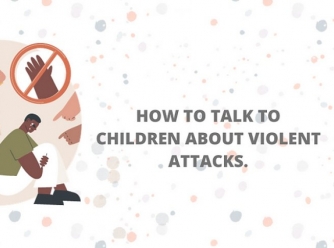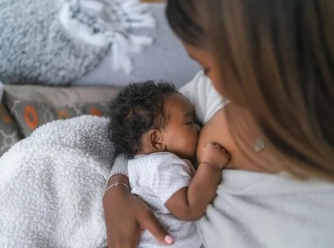Hello.
Welcome to Tree of Life Clinic. It is a pleasure to welcome you here in our virtual space where you can find everything you need to know about our Services Products and Projects and how we work in the area of mental health and related areas.
We at Tree of Life Clinic know that taking care of your mental health is a fundamental pillar for living your best possible life with greater autonomy. That's why we're here to assist you on your journey towards your well-being and emotional health.
Our team is composed of welcoming and experienced professionals who are passionate about what they do. We are here to offer you a personalized and attentive service regarding your needs, meeting your unique demand. We want you to feel comfortable and at ease in our environments. We are a multilingual clinic.
Please browse our website to find out more about our services, products, projects, support, and team. If you have any questions or need help scheduling an appointment, consultation and any assistance please contact us.
We are here to help you and your peers in achieving a healthier and more harmonious life.
Thank you again for visiting Tree of Life Clinic. We are ready to meet you and help you on your journey.
Hello.
Welcome to Tree of Life Clinic. It is a pleasure to welcome you here in our virtual space where you can find everything you need to know about our Services Products and Projects and how we work in the area of mental health and related areas.
We at Tree of Life Clinic know that taking care of your mental health is a fundamental pillar for living your best possible life with greater autonomy. That's why we're here to assist you on your journey towards your well-being and emotional health.
Our team is composed of welcoming and experienced professionals who are passionate about what they do. We are here to offer you a personalized and attentive service regarding your needs, meeting your unique demand. We want you to feel comfortable and at ease in our environments. We are a multilingual clinic.
Please browse our website to find out more about our services, products, projects, support, and team. If you have any questions or need help scheduling an appointment, consultation and any assistance please contact us.
We are here to help you and your peers in achieving a healthier and more harmonious life.
Thank you again for visiting Tree of Life Clinic. We are ready to meet you and help you on your journey.
E-books
-
"Explore and download free e-books to your heart's content.
Click here
to access all our e-books and start your literary journey towards your well-being and health!"
Blog
|
Follow us on Instagram |
 |



